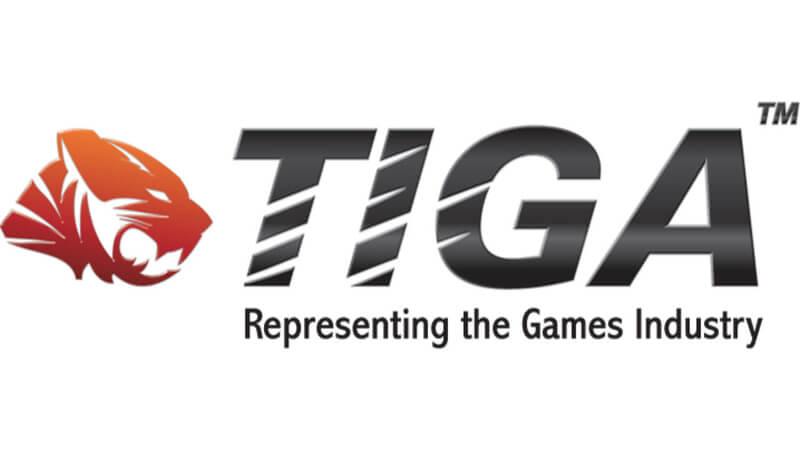In these trying times, most people would be forgiven for thinking that the COVID-19 pandemic has massively hit sectors of the gaming industry. The nature of each nation’s different approach to combating the virus has made the job of developing games harder, with developers having to find ways to safely work if they can’t work from home. The UK has suffered particularly, but the UK gaming industry has had quite the opposite effect.
In fact, The Independent Games Developers’ Association (TIGA) has revealed, in their latest report, that the UK’s games industry has grown by the fastest race in more than a decade. It has also hit record levels of growth, despite the challenges that have arisen as a result of COVID-19. In the report, TIGA reported a 12.2% growth in the number of creative staff working in studios across the UK. This brings the count from 14,353 to 16,836 between November 2018 and April 2020. Coupled with that, game developers in regard to the overall workforce also grew dramatically, from 16,532 to 18,279. Those are the highest figures and growth rates recorded since TIGA started performing this research back in 2007/2008.
UK games revenue also sharply rose in recent times, stretching to £907 million in 2019/2020 from an original figure of £747 million, an increase of £160 million. In turn, investment in the industry grew even more. An additional £175 million took the 2018/2019 figure of £818 million up to nearly a billion pounds, at £993 million. That’s insane.

The games industry also supported more jobs than it did previously, as the number of jobs indirectly supported by games development studios rose from 26,241 to 30,781. All of these increases meant that the industry contributed to the UK’s GDP more than previous years, up from £1.8 billion to £2.2 billion.
The CEO of TIGA, Dr Richard Wilson OBE, called for the introduction of a Video Games Investment Fund, which is something TIGA has been asking for. The association also would like the UK Games Fund to be strengthened as “many studios still struggle to scale up, access finance and skilled staff”. However, he did also mention the positive role of the UK’s Video Games Tax Relief in strengthening the industry in recent years. Since its introduction in 2014, annual growth in UK games reached 8.9%, compared to an average of 3.1% decline yearly from 2008 to 2011.
Another section of the industry that has benefited is eSports. However, many of the trade events, such as E3 and EGX have suffered, with many events across the globe having to be cancelled or shift to digital-only events, as Gamescom did with its Opening Night Live.
With the UK games industry showing some incredible growth, it’ll be exciting to see what comes of it in the next few years. Are you excited to see what the UK games industry has to offer? Let me know in the comments below.







